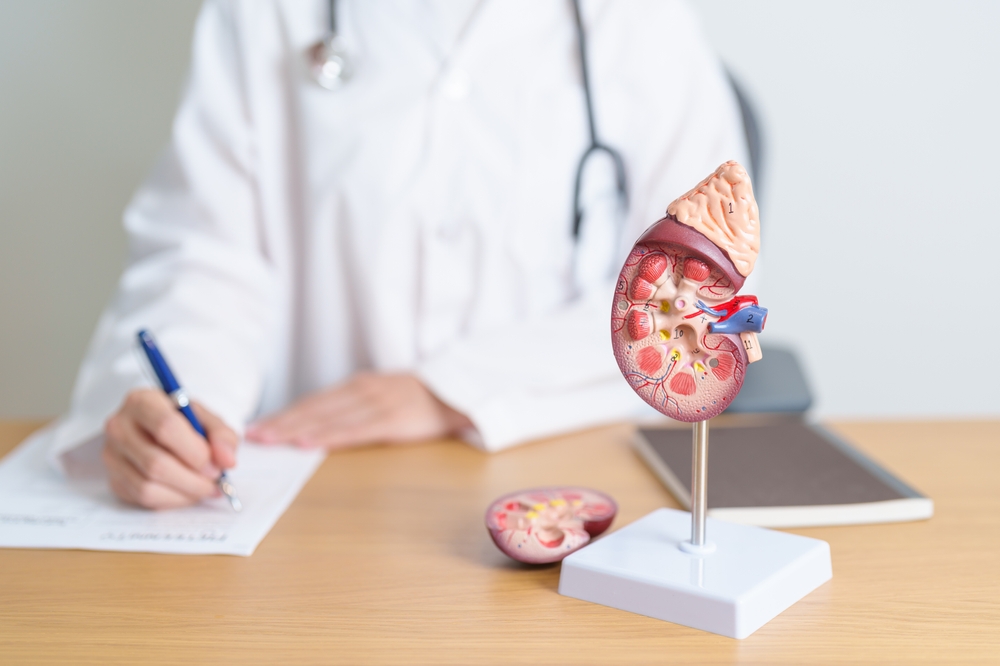
The scope of urology includes diagnosing, treating, and managing diseases related to the kidneys, ureters, bladder, urethra, and male reproductive organs. Urology encompasses a wide range of both surgical and medical treatments.
One of the most common conditions encountered in urology is urinary tract infections (UTIs). UTIs can affect any part of the urinary system, including the kidneys, ureters, bladder, and urethra. These infections are usually bacterial and present symptoms such as pain during urination, frequent urination, and blood in the urine. Treatment for UTIs typically involves antibiotics, and maintaining proper hygiene is crucial to prevent recurrence.
Prostate diseases are another significant concern in urology. Benign prostatic hyperplasia (BPH) is a common condition where the prostate gland enlarges, leading to difficulty urinating. Prostate cancer is one of the most common cancers in men, and early detection significantly improves treatment outcomes. Diagnostic and treatment methods for prostate diseases include PSA testing, biopsies, and imaging techniques.
Kidney stones are formed by the crystallization of minerals in the kidneys and can cause severe pain in the urinary tract. Various treatment methods are used for kidney stones.
Small stones can often be passed naturally with increased fluid intake and pain relievers, while larger stones may require shock wave lithotripsy (ESWL), ureteroscopy, or percutaneous nephrolithotomy (PCNL). The treatment method is chosen based on the size and location of the stone and the patient's overall health.
Preventive measures for kidney stones include drinking plenty of water to keep the urinary tract clean and limiting the intake of foods high in calcium and oxalates. Regular check-ups and attention to kidney health are also important in preventing stone formation.
Surgical interventions play a vital role in diagnosing and treating urological diseases. Prostatectomy, the removal of part or all of the prostate gland, is commonly used to treat prostate cancer. This surgical procedure can be performed using open, laparoscopic, or robotic techniques. The choice of method depends on the patient's overall health, the stage of cancer, and other factors. Recovery time and the risk of complications vary based on the surgical technique used.
Urological surgeries also include procedures for removing kidney stones, bladder cancer treatment through bladder resection, and correcting ureteral strictures. Laparoscopic and robotic surgical techniques are minimally invasive, resulting in shorter recovery times and less pain. These techniques also reduce hospital stays and the risk of complications.
Urology also addresses male sexual health and the diagnosis and treatment of sexual dysfunctions. Conditions such as erectile dysfunction (ED), premature ejaculation, and low libido may require urological evaluation and treatment. Treatment options for ED include oral medications, vacuum devices, injection therapies, and penile implants. Urological evaluation is crucial for identifying the underlying causes of these issues and developing an appropriate treatment plan.
Male infertility is another important aspect of urology. Infertility can result from problems with sperm production, blockages in sperm transport channels, or hormonal imbalances. Urologists use various tests and procedures to diagnose the causes of male infertility and offer treatment options. Microsurgical techniques are used to remove blockages in sperm transport channels or retrieve sperm. For urology appointments, contact EMPCLINICS today.
A Prostate-Specific Antigen (PSA) test measures the level of PSA in the blood. High PSA levels may indicate prostate cancer, prostate enlargement, or prostatitis (inflammation of the prostate).
Kidney failure occurs when the kidneys do not function adequately. Treatment options include medication, dialysis, and kidney transplantation. Early diagnosis and treatment can slow the progression of kidney failure.
The recovery process depends on the type of surgery performed. Post-surgery, there may be mild pain and discomfort. Following your doctor's instructions, attending regular check-ups, and taking prescribed medications will speed up the recovery process.